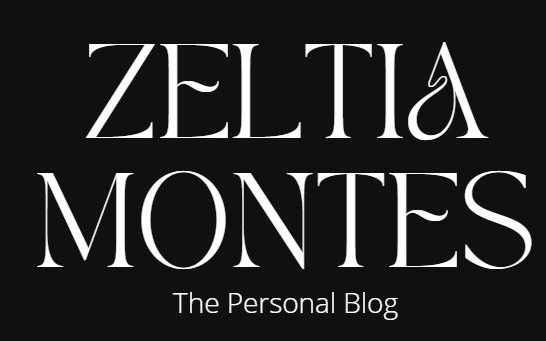A patent is a legal document that allows the owner to exclude others from making, using, or selling an invention without permission. A trademark is a distinctive word, phrase, logo, or symbol used by a brand to identify its goods.
It’s important to understand the differences between patents and trademarks. Sometimes they are confused with one another because they have similar purposes in the business world.
However, there are some key differences that you need to be aware of if you’re thinking about getting either type of patent.
If you don’t have a new idea or product design, you don’t need a patent. A trademark is always needed to do business properly.

Differences between patents and trademarks
Patents protect inventions from being copied and sold by others. Trademarks protect brands from being used by competitors.
Patents can last up to 20 years before expiring through an application process with the government; trademarks last indefinitely (as long as you keep renewing them).
If you want to protect your idea for an invention or product for which there is no existing market, then a patent is the best way to do so because it’s easier than applying for a trademark and lasts longer than either type of trademark registration.
A trademark is a word, phrase, symbol, or design that identifies and distinguishes your business from other companies’ products. Both patents and trademarks are important tools for protecting your brand in today’s world of commerce, but they are not interchangeable.
Patents protect your invention from being copied by others for 20 years after you file it. If someone else files their own patent application claiming the same invention as you did, they are infringing on your patent rights.
However, if they don’t copy your idea but use their own creativity to create something new based on their own ideas, they would not be infringing on your patent rights since they didn’t copy what you invented but came up with something new entirely on their own accord.
Trademarks can also be used to protect one’s product or service name from being used by another company or individual who may want to sell or take advantage of that name without permission or compensation.
When to seek a patent vs. a trademark?
Inventors usually seek patents because they want to stop someone else from making or selling the same thing they invented.
Businesses traditionally choose trademarks so consumers will immediately recognize their products as having been developed by them rather than someone else. Trademarks are very important in establishing brand recognition, which helps increase sales of products and services over time through word-of-mouth advertising that builds up demand among potential customers.
In an ideal scenario, you should aim for both. But in most cases, you need just one to give wings to your idea.
In conclusion
A patent is a legal right granted by the government that gives its owner the exclusive right to make, use and sell an invention for up to 20 years. In comparison, a trademark is essentially your brand’s symbol, logo, design, or the way the name is written.
Both are important but not interchangeable. Do you still have questions? Get in touch with the best Canadian patent agency at Wilson Patents.
